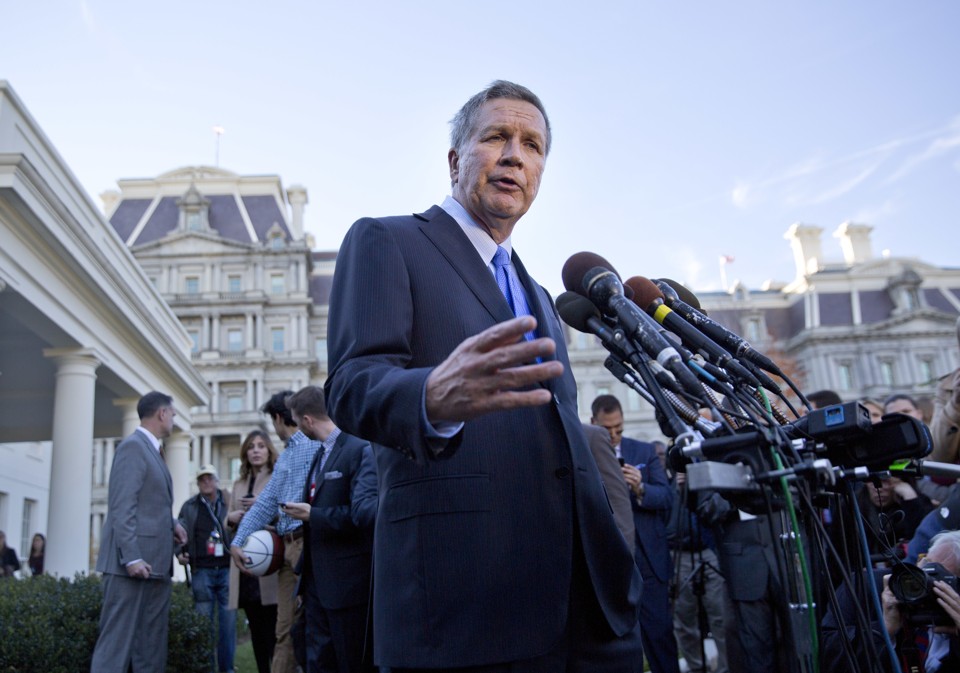Earlier this year, we highlighted a decade of accomplishment achieved by the ADAP Advocacy Association since the organization's inception in 2007. Unfortunately, there is little time to celebrate because so much uncertainty — and yes, fear — exists over some of the troubling policies being put forth by the Trump Administration, and how they could potentially impact people living with HIV/AIDS. For that very reason, HIV advocacy must remain in motion!
The ADAP Advocacy Association has long contended the Affordable Care Act (ACA) is far from perfect, but it would be a mistake to ignore how the law has expanded coverage for low income and disadvantaged Americans. In fact, according to FactCheck.org nearly 20 million Americans have gained access to health insurance thanks to the ACA. There is no fake news behind that number!
 |
| Affordable Care Act Medicaid Expansion; KFF.org |
Medicaid expansion — which was authorized by the ACA — had a lot to do with the dramatic decrease in the number of people uninsured in the United States. Many people living with HIV/AIDS benefited from Medicaid expansion, and their ability to access timely, appropriate care and treatment actually saved the taxpayers money. That's not to suggest that other negative, unintended consequences haven't emerged since the ACA's passage — including insurance discriminatory design with extremely high co-payments for anti-retroviral medications, adverse selection limiting access to care, or rising premiums and cost-sharing. There is also no fake news behind these facts, either!
Repeal? Replace? Repair? It is hard to know the future of the current ACA, but the Republican plan...as it currently exists...is bad for people living with HIV/AIDS. There is little debate over that statement. In fact, four Republicans governors — Snyder of Michigan, Kaisch of Ohio, Hutchinson of Arkansas, and Sandoval of Nevada —who actually favor the ACA's repeal have come out against the GOP-sponsored American Health Care Act, as it is known. Why? Because they recognize the important role Medicaid expansion has played for the people living in their respective states.
 |
| Ohio Governor John Kasich has voiced concerns about repealing the Affordable Care Act; The Atlantic |
People living with HIV/AIDS haven't been well-served by the hyper-partisanship that has swept over the nation's capitol in recent years, especially with respect to the ACA. One political party buried its collective head in the sand and ignored the law's flaws, while the other political party obsessed over repealing the law without a viable alternative to replace it. Blame can be placed at the feet of both the Democrats, and the Republicans.
But rather than trying to score political points or rehash political talking points, people living with HIV/AIDS are making their voices heard loud and clear. They are trying to be part of the solution by engaging in HIV advocacy in motion...whether is activism via social media, or the National HIV Call-In Day (which was held on March 21st), or the countless sign-on letters being sent to Congress. It is encouraging that it is happening at the national, state, and local levels.
The ADAP Advocacy Association, for its part, has a robust schedule of events and projects planned for the current year. They include:
- AIDS Drug Assistance Program Regional Summit in Raleigh, North Carolina on April 14th
- 10th Annual Conference - "Unchartered Water: AIDS Drug Assistance Programs in the Age of Trump" in Washington, DC on September 22nd - 23rd
- PASWHA Webinar Series on "Linkages to Care: Promoting Access to Care & Treatment for People Living with HIV/AIDS"
- Wednesday, May 31st – Plugging the Treatment Gap: Navigating Patient Assistance Programs
- Wednesday, June 28th – Housing is Healthcare: Linking Stable Housing & Medication Adherence
- Wednesday, July 26th – Transgender Healthcare: Removing Barriers to Healthy Cultural Expectations
- Wednesday, September 27th – Body & Soul: Combatting the Dual Epidemic of HIV-Infection and Substance Abuse
These activities are designed to raise awareness, offer patient educational programs, and foster greater community collaboration. Each one is enhanced by partnering with various other organizations, such as the AIDS Healthcare Foundation (AHF), Community Access National Network (CANN), North Carolina AIDS Action Network (NCAAN), and the Professional Association of Social Workers in HIV/AIDS (PASWHA). Several other projects are also in the works for the coming year.
If one good thing has come from the Trump Administration's proposed policies, then it is an increasingly energized front by the HIV community.


No comments:
Post a Comment